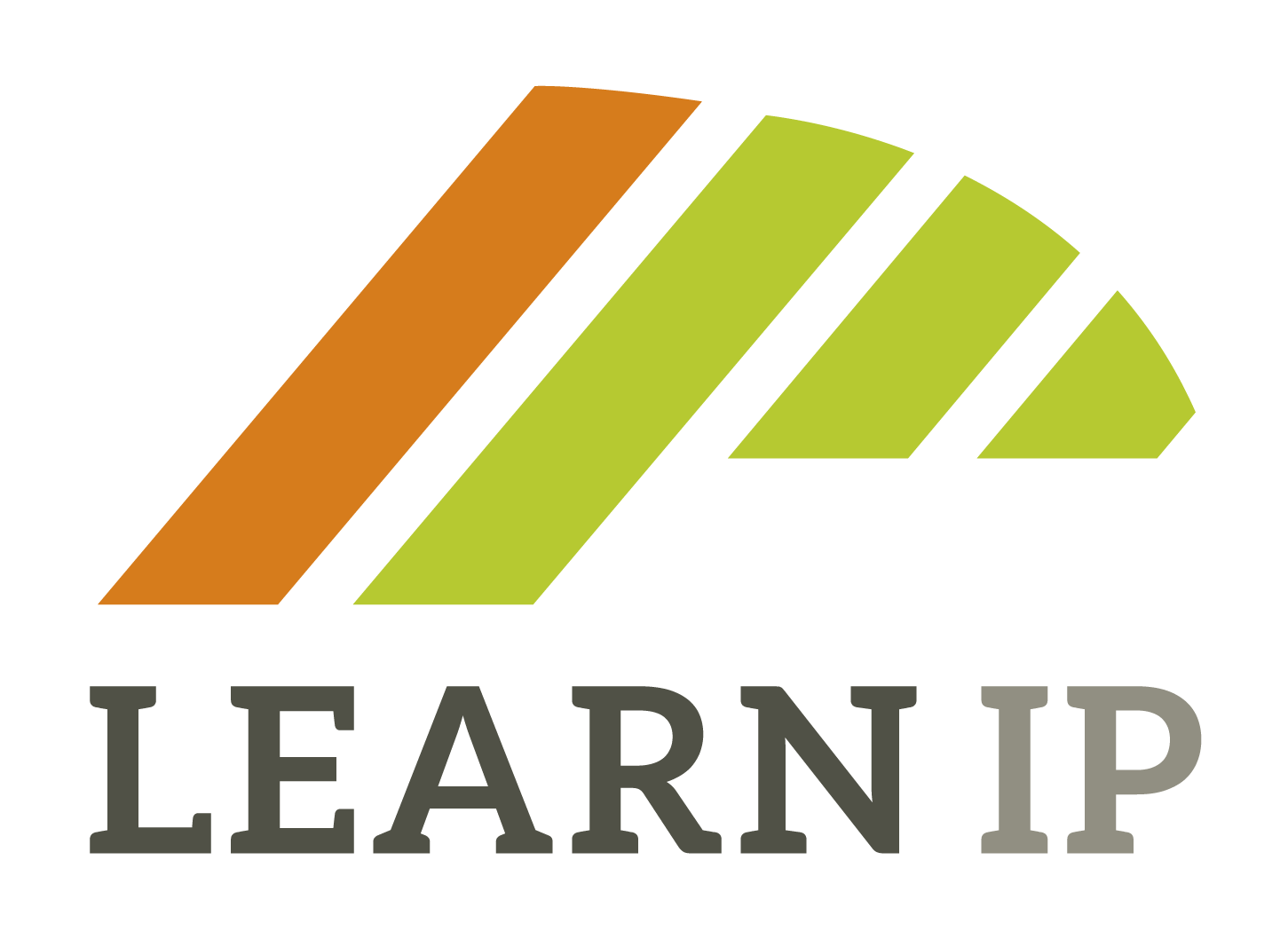Save the date: November 25th, 2021 at 3 pm CET
“Intellectual Property Rights – the underestimated potential in cultural management”
Eventually, cultural managers are confronted with the issue of intellectual property rights. Even if many managers are meanwhile sensitised to the subject, it is still largely terra incognita and associated with many prejudices and fears: too complicated, there is hardly any advice, too expensive, too complex. This is a pity, because the management of Intellectual Property Rights (IPR) is not only important to secure rights to property, but can also provide right holders with a so-called “freedom to operate” and even with additional income.
IPRs such as trademarks, designs, copyrights or geographical indications enable European creative professionals and businesses in cultural management, cultural heritage as well as in cultural tourism to prevent unauthorized exploitation of their creations and to get compensation for their investment in return. IPR also offer guarantees to users, buyers and visitors to identify the origin of products and services.
So far, IPR generation has hardly been included in the curricula of formal cultural management education, simply because it is a subject that many teachers, trainers and learners shy away from. In the professional world very often, there is also a financial issue because legal advice for IPR can be expensive and can hardly be covered by smaller institutions. This is all the more regrettable becauseIPR cannot only protect rights, but can also be used to develop new business opportunities for those involved.
According to a study carried out for the European Patent Office (EPO) and the Office for Harmonisation in the Internal Market (OHIM), IPR – intensive industries generate nearly 30% of employment and almost 45% of economic activity in the EU with 22% in trade-mark-intensive industries, 14% in design-intensive industries, 11% in patent-intensive industries, 5.5% in copyright-intensive industries, and smaller proportions in Geographical Identification-intensive industries. Related to that, the European report “Access to Finance” states: “These figures are part of a growing evidence base showing that economic production is undergoing a fundamental transformation. Whereas in the industrial economy most investment was in tangible assets and tangibles were driving growth, in today’s creative economy intangible assets are the main objects of investment, sources of value and drivers of growth”.
This data alone makes it clear how important it is for cultural practitioners to address the issue of IPR. The European project LEARN-IP is the way to get there. Right-holders and asset owners need access to effective ways of protecting their values internationally for growth and competitiveness to avoid that the economic and social potential of IPR gets lost. They need skills to identify, protect, apply and valorise it. When their ideas, brands and products are pirated and counterfeited, expertise and jobs are affected. This is exactly where the LEARN-IP project comes in: an online training programme is currently developed by a European expert team to support cultural managers and cultural tourism actors with the effective use of digital technologies to check for compliance with IPR regulations.
The BIE lab will give a short introduction to the topic, present some good practices and reflect on opportunities from IPR management for cultural managers.
Host: Dr Karin Drda-Kühn is the managing director of German Kultur und Arbeit e.V., a non-profit organisation specialising in European research and application projects in the fields of cultural heritage, cultural tourism and creative industries. The statutory task of Kultur und Arbeit is to identify new fields of work for cultural workers and to develop corresponding qualification offers. Karin is an art historian from education and currently coordinates the European projects HERITAGE-PRO, SKIVRE and LEARN-IP and is a partner in the projects CHARTER, HECTOR and ARCHEODANUBE. She works several times a year as an expert for the European Commission, e.g. for the “European Capital of Smart Cities” initiative. She has chaired various European initiatives and has worked since 2015 in the working groups “Skills, Training and Knowledge Transfer: Traditional and Emerging Heritage”, the “Participatory Governance of Cultural Heritage Brainstorming Session” and the “Structured Dialogue on Developing the Entrepreneurial and Innovation Potential of the Cultural and Creative Sectors” of the European Commission Directorate-General for Education and Culture: http://www.voiceofculture.eu/. Her current publications can be found here: https://kultur-und-arbeit.de/veroeffentlichungen
Suggested reading:
“IPR-Intensive Industries and Economic Performance in the European Union – Industry-Level Analysis Report”, September 2019, third edition. A joint project between the European Patent Office and the European Union Intellectual Property Office.
“Good Practice Report – Towards More Efficient Financial Ecosystems: Innovative Instruments to Facilitate for the Cultural and Creative Sectors (CCS)”, European Union 2016
Further Information: https://learn-ip.eu/
Please register until two days prior https://forms.gle/AEGdWfzVWwgCArqq5
